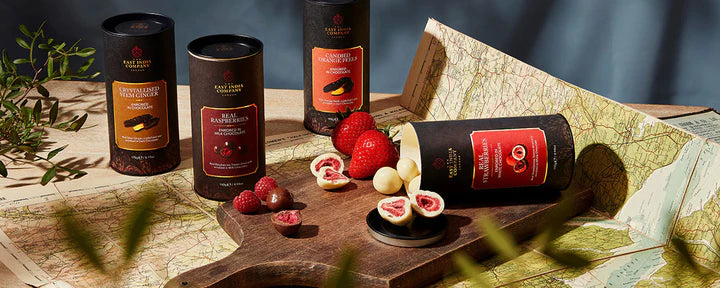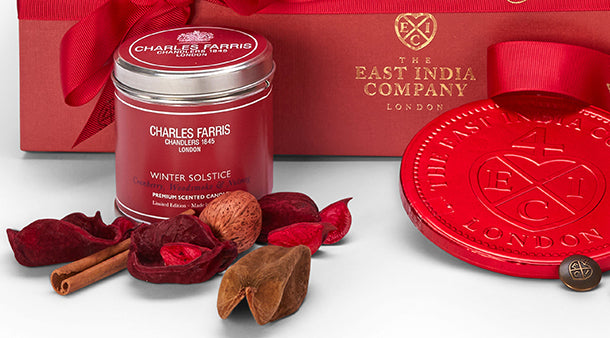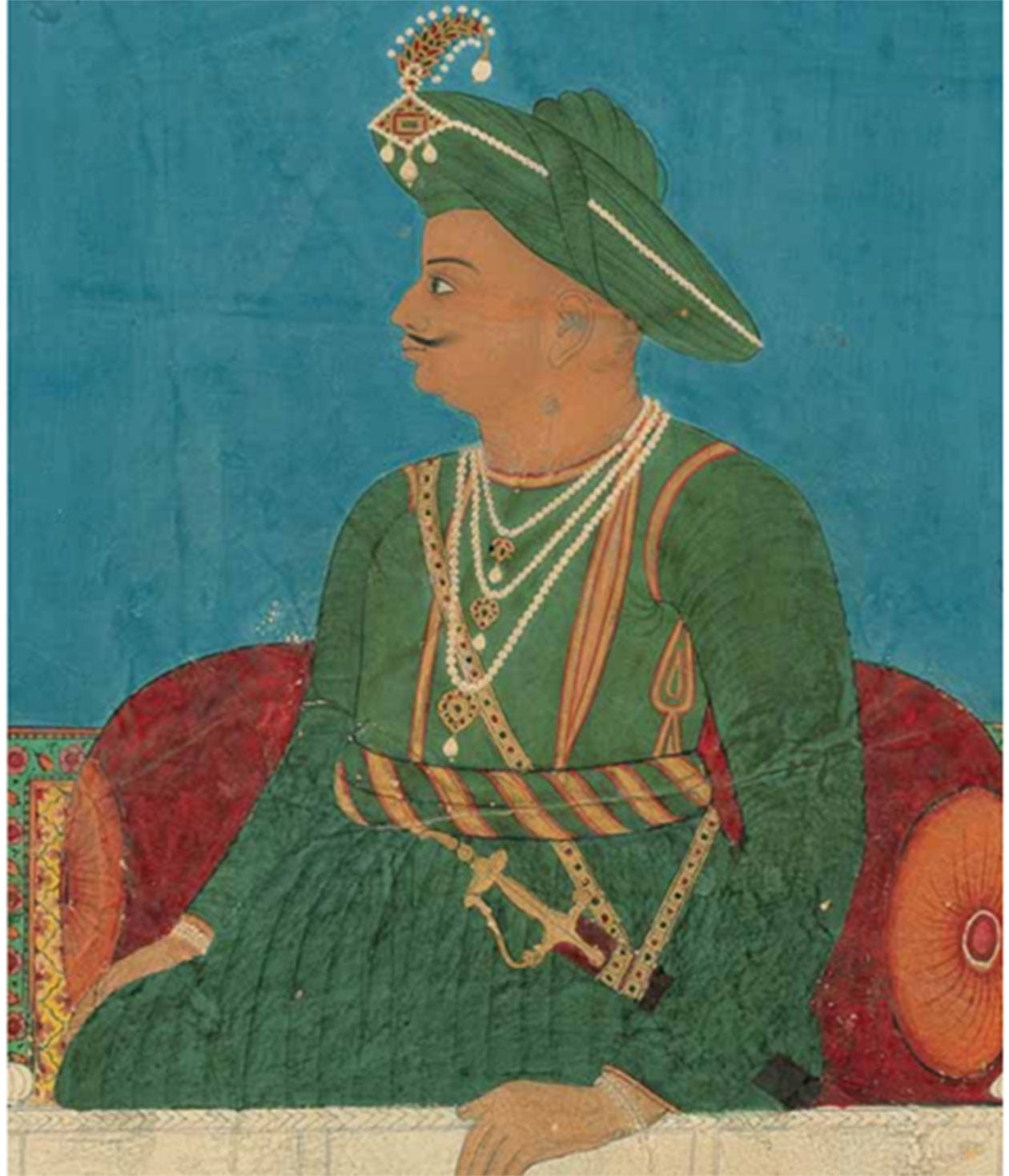The loss of the colonies in America led to national self-reflection and a new feeling of intolerance to what was now perceived as corrupt practices, all lead to the Tea Act of 1773 which caused the Boston Tea Party, itself a catalyst for American Independence.
Lord Cornwallis, fresh from Britain’s last failed defence of the American colony, became the Indian army’s new commander in chief in 1784 (and later the Governor General of India). He set the tone immediately by foregoing his annual salary of £6000.
Such was his positive impact in India, it was said that while Cornwallis lost a colony in the West, he won one in the East.
So the new zeitgeist in India: Duty, service and high moral ground.
Not without challenges though.
Tipu, the self-styled “Tiger of Mysore” was a protonationalist hero in Southern India, fond of tiger motifs worked into his uniforms, cannons, cane handles, bed hangings, swords and thrones. It all created or perpetuated perhaps a myth of a tigerish personality, which caught popular imagination in both Britain and India. He has caught our imagination too - we’ve even named one our ‘tigerish’ Signature coffee blends ’Tiger of Mysore’!]
However, he habitually defeated the British, treating prisoners cruelly. Cornwallis defeat of Tipu and capture of his capital Seringapatam in the 3rd Mysore war therefore was acclaimed in Britain and the Treaty that followed strangely included taking Tipu’s sons hostage - as a guarantee of Tipu’s good behaviour. Even though they were treated with great kindness, this was seen rather strangely back then as an example of British benevolence.
Tipu’s final defeat and death shortly afterwards in the 4th Mysore war laid the old enemy to rest.
See our Behind The Craft Story of “Cornwallis and the Mysore Hostages” and our use of the painting by Robert Home on our Assam Signature Caddy.
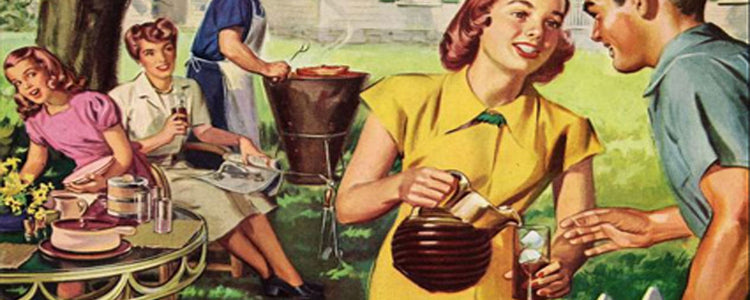
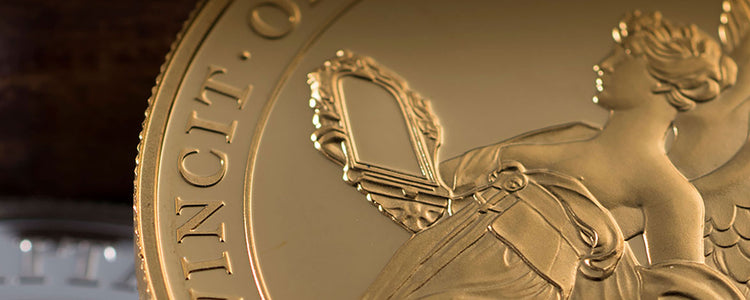

 Ceylon / Sri Lanka
Ceylon / Sri Lanka Assam, India
Assam, India Japan
Japan Taiwan
Taiwan Nepal
Nepal China
China Kenya
Kenya Egypt
Egypt South Africa
South Africa